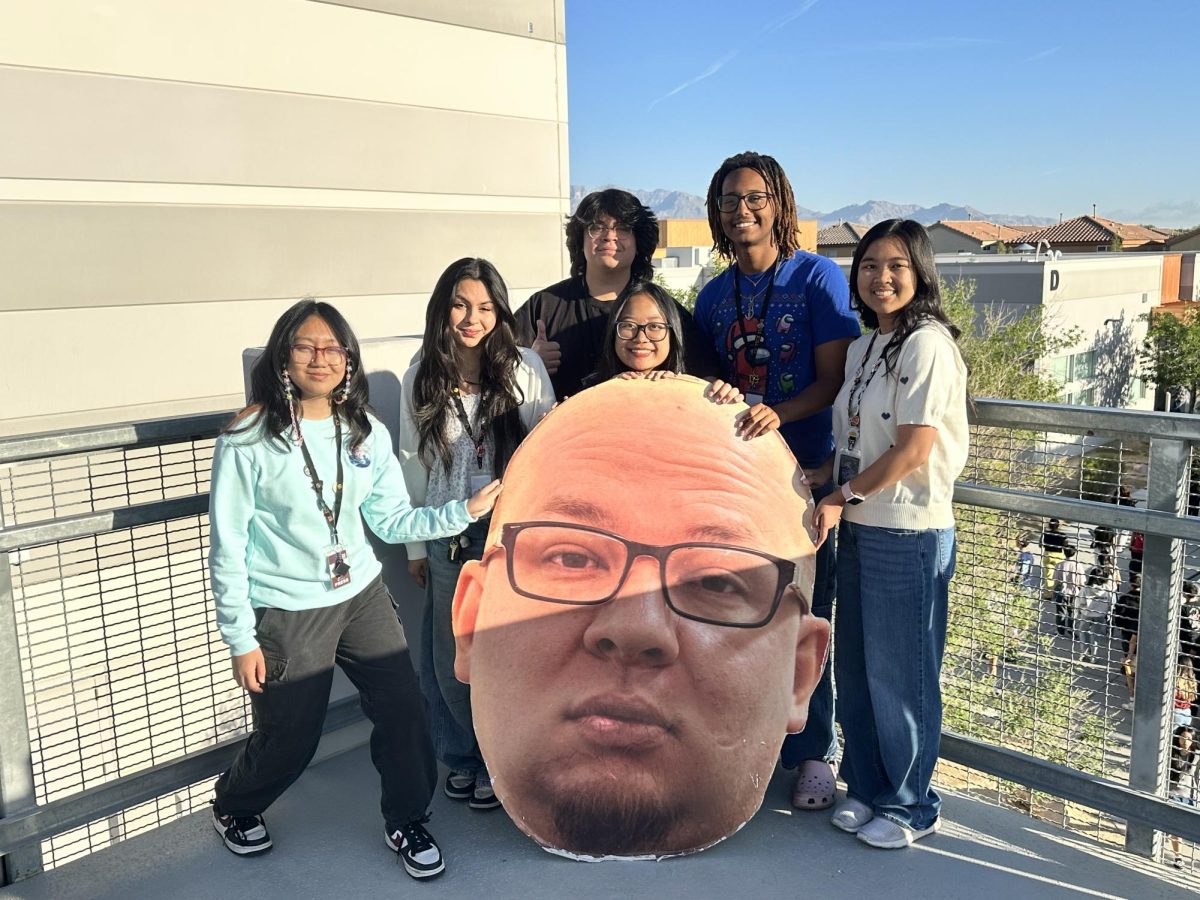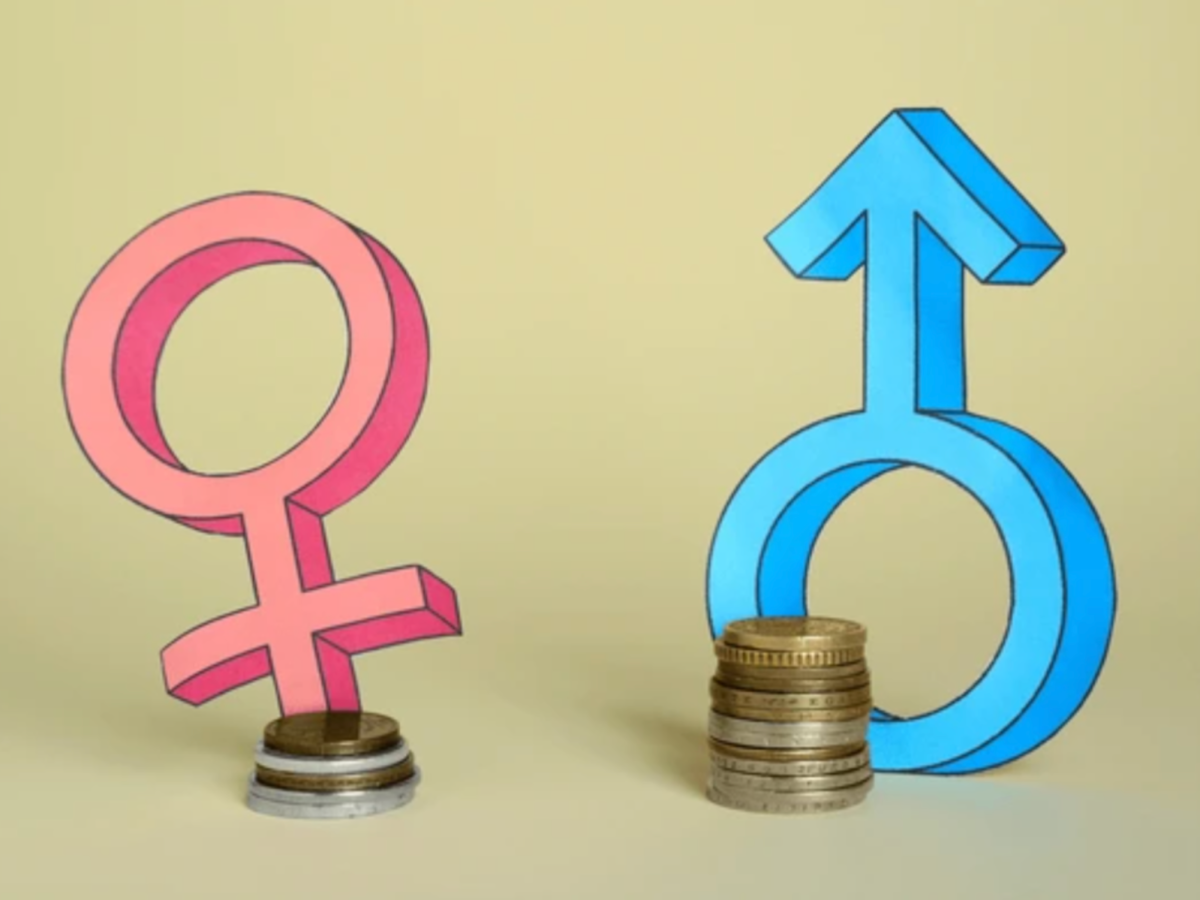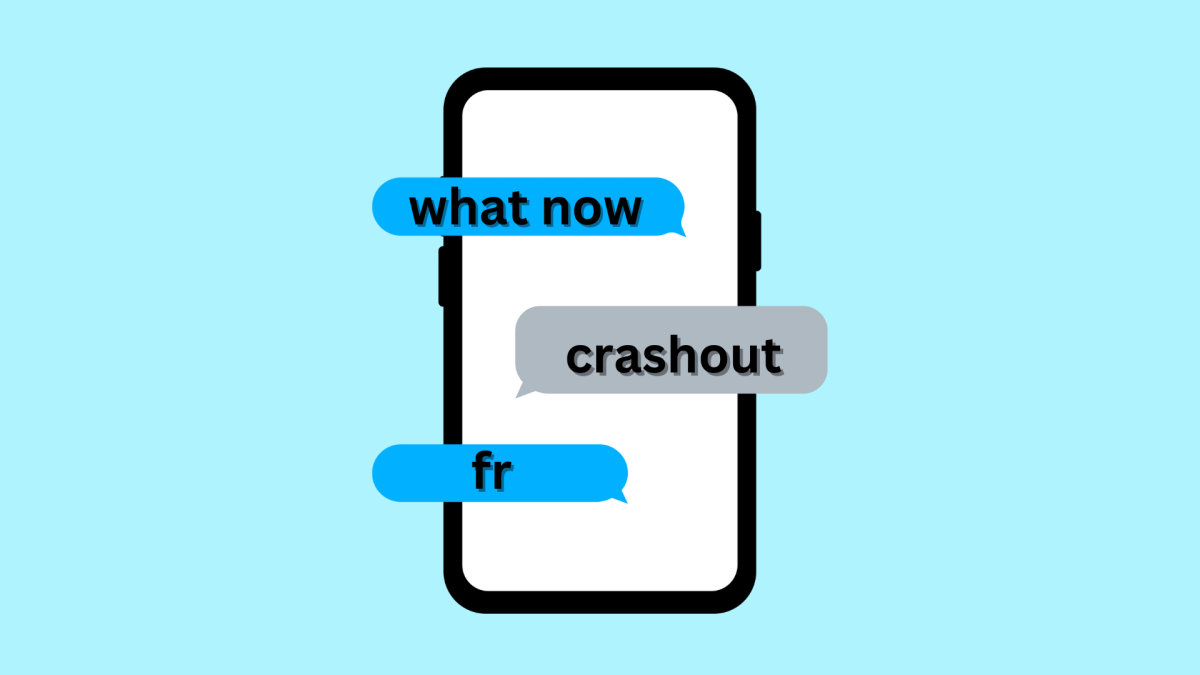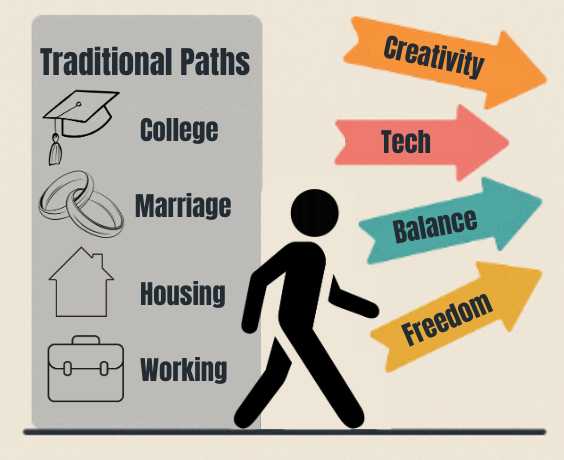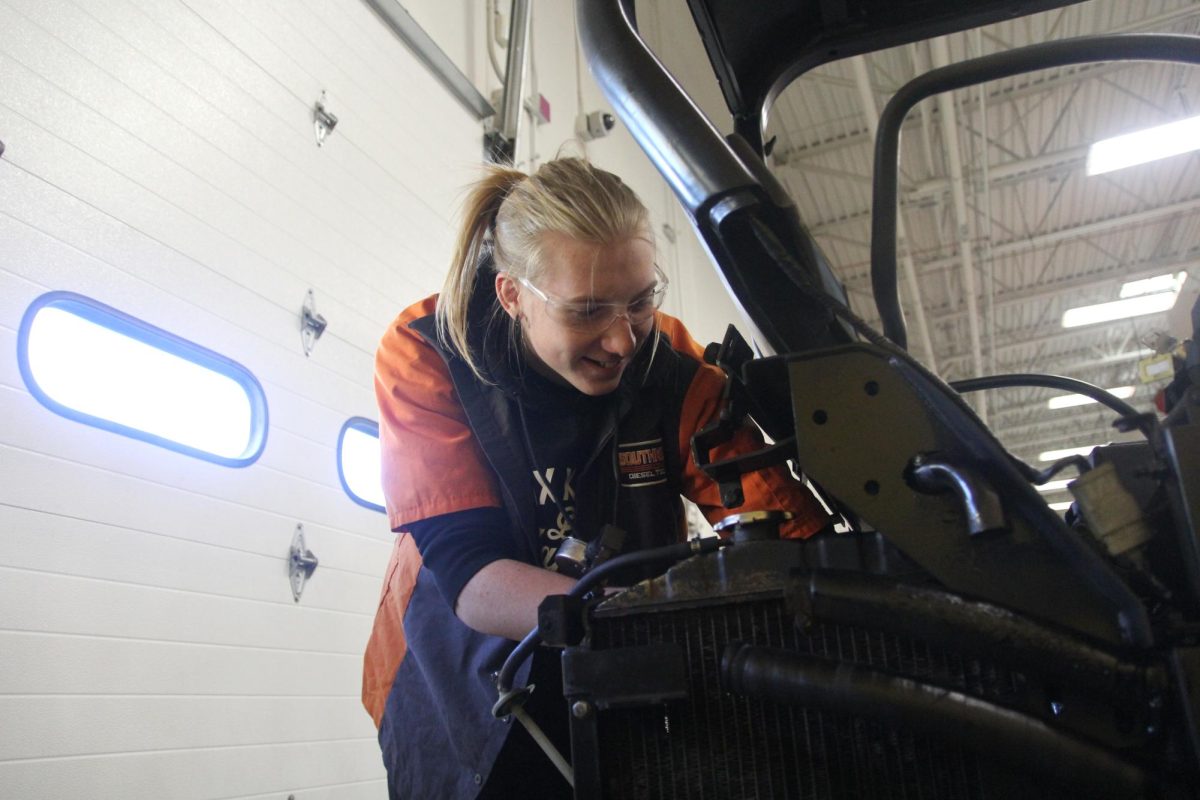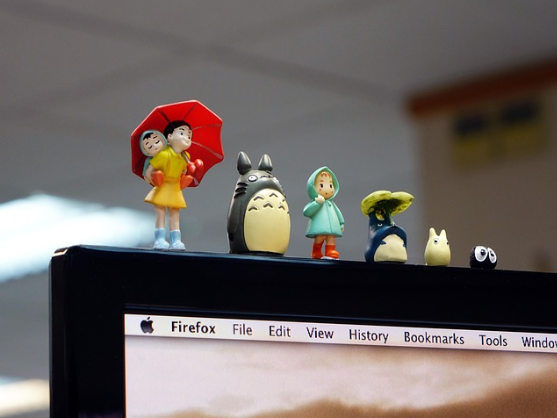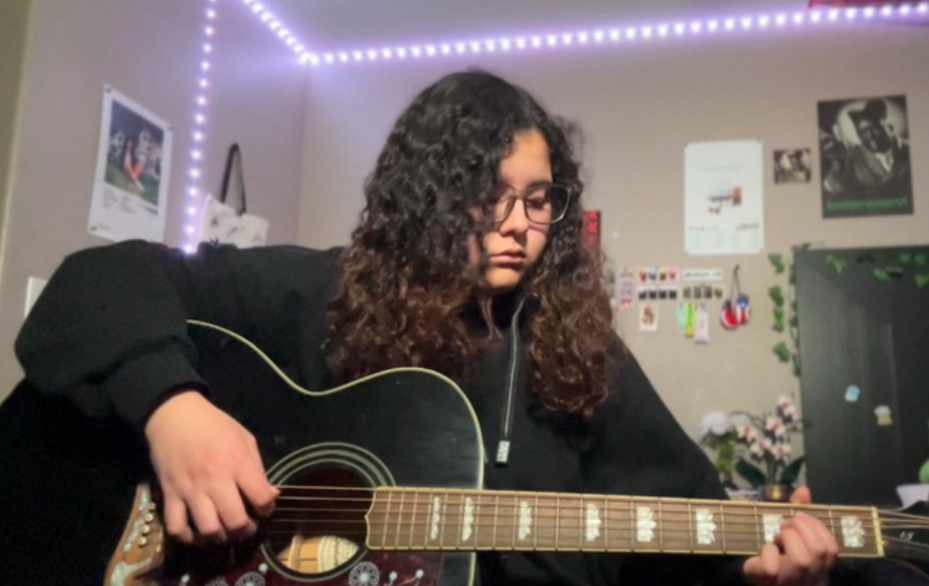Gaming culture is often synonymous with hateful players constantly trash-talking each other with demoralizing insults and language. Though it may be easily dismissed as the normal gaming experience, it poses the question on why gaming platforms are such commonplace for these types of behaviors unlikely to be tolerated offline. Sophomore Hannah Segura believes its prevalence has its fundamental roots in the competitive nature of the win-or-lose, PvP environment.
“Provoking can usually affect people and their performance in the game,” Segura said. “And because it isn’t face-to-face, it’s easier to avoid consequences. I also think it could be a way of the toxic person thinking their skills in-game are ‘superior’ to others and drag others down and feel better about themselves, especially if they view the other person’s skills as a so-called ‘threat’ to their own.”
There are various reasons for gaming toxicity with arguments suggesting younger audiences are to blame with the added benefit of being anonymous. Due to the natural tendency of the younger demographic to act immature, sophomore Aina Ishikawa believes being toxic is one method for people to relieve stress by taking their anger out on others.
“I think it’s frustrating for people who want to relieve stress through gaming to lose in a game, and maybe they simply enjoy harassing and bullying others,” Ishikawa said. “Or I think they do it in the game because they can’t do it in reality. You don’t really see people who are good at games doing things that are annoying.”
There is also the argument that the current model of multiplayer matchmaking is a primary component of online toxicity in gaming. As a long-time video game player, sophomore Ashley Harris mentions that the popularity of automatic matchmaking today has drastically changed the gaming community as a whole.
“Playing with randoms will definitely impact someone’s thought process to speak with their teammates. They don’t know them, they don’t know what they’ve been through, and they don’t know how to be sensitive and caring when needed,” Harris said. “I’d be lying if I said I’d never snapped back at someone being rude towards me or my friends. I usually say these things without feeling bad or worrying, and it shows that no one really cares about who’s on the other side of the screen. I’d find it really hard to believe if the same person throwing out slurs in the middle of a Valorant game went up to a random person in a coffee shop and said the same things.”
There are measures to battle abusive players such as kicking and banning accounts, implementing a reporting system and profanity filter, and enforcing tougher policies. However, these moderations help very little to tackle the millions of these “problematic” players.
“Unfortunately, report systems in games barely do anything you could report a player thirty times, and they’d still be able to play the game,” sophomore Sebastián Garcia said. “It’s really hard to limit all the toxic players because, let’s be honest, we all have a little bit of toxicity in us.”
The normalization of hate in the gaming community increases the rate of its occurrence as it reinforces being angry as acceptable, which fosters the perfect environment for more people to participate in the same behavior and internalize it as “tradition.”
“I understand getting frustrated from losing, but they [toxic players] should play with a little more composure,” Ishikawa said. “People on their team are also nervous and frustrated, so they make winning the game even harder. Even if they are up against opponents, it’s rude to those who are enjoying the game, so it’s better to stop being toxic. Usually, if I were on a team of such people, I would be unmotivated, and my impression of the game would be negative. For example, Fortnite; it’s always discussed on social media that Fortnite has a lot of those types of players.”
However, the extreme prevalence of toxicity and building frustration have turned some players to distance themselves from certain communities or playing the game itself. It was the same case for Harris when she was playing the popular online game League of Legends, which is known for its large fan base and abundance of problematic players.
“I’ve played League of Legends for the past six or seven years now, and seeing how toxic the community is has driven me away a lot,” Harris said. “It doesn’t necessarily mean that League is the only toxic game, or that other games don’t have toxic players, but it shows what a community can really do to a player base. After getting into Dead by Daylight, I’ve noticed players are so much nicer and supportive in general, really showing that experiences can change from game to game. Personally, I do prefer certain games because of the community. Some games I’ll play strictly with friends because of bad experiences I’ve had, while others, I don’t mind solo queueing.”
Enabling, defending, or justifying threatening behavior only adds fuel to the fire of dismissing the issue as “a normal level of toxicity.” Spiteful behavior exists in every community outside of the video game culture, however, the anonymity that online platforms provide with the lack of repercussions and regulations, emphasizes the greater need for active moderation and individual players’ cooperative effort in building a healthy environment.
“To improve the online gaming environment, show good sportsmanship because you’re all showing a common interest in the game,” Segura said. “When you show good sportsmanship, at least for me, I’ve made friends, and playing with them makes the game even better.”


